England’s World Cup fever: Three Lions boost the UK economy
If England make the World Cup final it could generate £2.7bn through sales of beer, crisps and televisions as well as going out
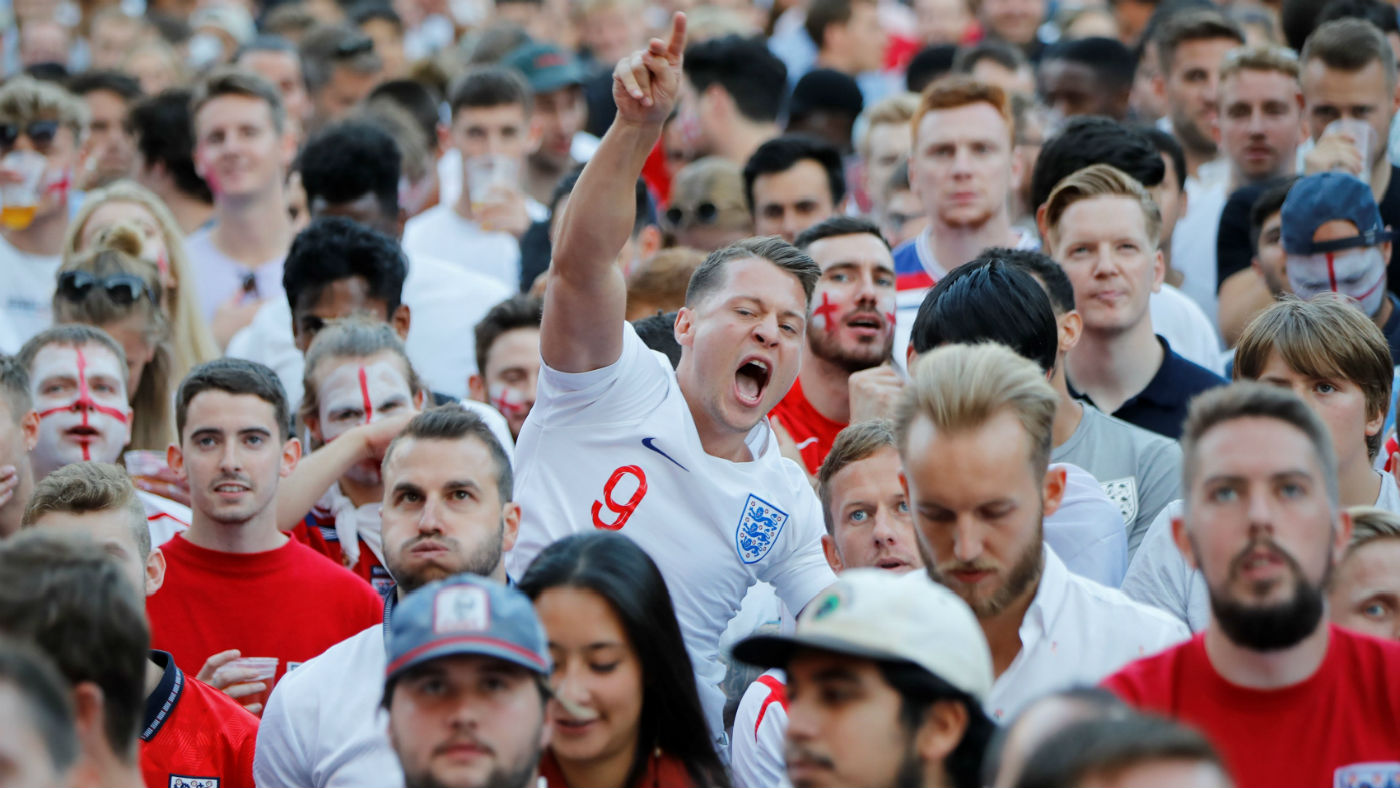
A free daily email with the biggest news stories of the day – and the best features from TheWeek.com
You are now subscribed
Your newsletter sign-up was successful
If sightseeing or shopping is your preferred choice of weekend activity then it’s worth making plans for 3pm this Saturday.
That’s when England play Sweden in the quarter-finals of the World Cup and according to The Sun the nation will come to a standstill as football fans tune in to watch the big game.
It’s estimated that 30 million people could be watching the BBC’s coverage of the last-eight clash and the Sun says that “roads, stations and shops are expected to be deserted” as Gareth Southgate’s team compete for a place in the semi-finals.
The Week
Escape your echo chamber. Get the facts behind the news, plus analysis from multiple perspectives.

Sign up for The Week's Free Newsletters
From our morning news briefing to a weekly Good News Newsletter, get the best of The Week delivered directly to your inbox.
From our morning news briefing to a weekly Good News Newsletter, get the best of The Week delivered directly to your inbox.
Spare a thought though for those people who had pre-arranged events planned for Saturday 7 July. The Sun reports that “school fetes, village fairs and carnival parades are changing their start times” to avoid a clash.
Weddings could also be affected as guests fear missing out on the quarter-final. Bride-to-be Jodie Houlston told the Sun: “OK England, you’re starting to worry me now. If your kicking a ball around a bit of grass upstages me on my wedding day I may have to have the first diva strop of my life.”
Economic impact of the Three Lions
The Sun, the BBC, City AM and the Daily Express are all reporting this morning on how England’s run to the quarter-finals has boosted the UK economy.
A free daily email with the biggest news stories of the day – and the best features from TheWeek.com
According to data from the Centre for Retail Research (CRR) the UK has “benefited from extra spending of more than £1bn this year” because of the World Cup, the BBC reports.
CRR says that £800m more has been spent so far compared with four years ago when England were knocked out in the group stage in Brazil. The spending is down to fans stocking up on food and drink before watching the matches at home.
The CRR report says: “Every goal scored by an England footballer - right the way to the final - would be worth £165.3m to England’s retailers and an extra £33.2m to pubs, hotels and restaurants.”
It’s not just football driving the economic boost, the Daily Express reports, but also the record-breaking weather. This combination is creating a “multi-billion pound feel-good factor never seen before”.
The Express quotes the British Retail Consortium, which says consumers will “embark on a £1bn-a-day spending spree between now and the end of August”.
What if England make the final?
The CRR report reveals that if England qualify for the World Cup final on 15 July the UK economy could be boosted by as much as £2.7bn. City AM reports that fans are “spending on food and drinks, TVs, sportswear and going out”.
CRR director Professor Joshua Bamfield told the BBC: “At the last World Cup we didn’t get past the group stage and from a retail point of view sales fell off a cliff.
“This time no one expected much - they were so used to being kicked in the teeth - but once they started playing it all changed.
“The spending patterns also fit in with the current retail theme of ‘experience’. People want to spend their money going to the pub or having a barbecue with their friends and watching the match.”
In its report the Sun says that average spending could amount to £42.3 per person for the UK’s 65 million population. The Sun’s digital consumer reporter Zlata Rodionova writes: “Pubs, restaurants and cafes are gearing up to cash in on the nation’s obsession with the tournament, with £193m set to ring through their tills from the pockets of those watching the matches on big screens. This is set to rise to a huge £488m if England beat the odds and make it to the final.”
‘Heatwave downturn’
There could be a downside to the summer feel-good factor though, The Scotsman reports. Because of the warm weather, Wimbledon and World Cup matches, sick days across the UK will increase and in turn hit the UK economy.
What the experts say
Howard Archer, chief economist at the EY Item Club: “A significantly improved survey for the dominant services sector adds to the feel-good factor, after England actually winning a penalty shoot-out to reach the quarter-finals of the World Cup.”
Andy Haldane, Bank of England chief economist: “Without wishing to tempt fate, England’s recent sporting success on the football field... has probably added to that feel-good factor among England-supporting consumers.”
Jimmy New, director of marketing at VoucherCodes: “The 2018 World Cup looks set to be a big one in the UK, not only for football fans but for British retailers too, with a huge £1.33bn estimated to be put through the tills over the next couple of months to celebrate the occasion.”
British Retail Consortium: “Big national events drive purchases of party food and drink, audio visual equipment, and other goods for celebrations. If the warmer weather remains then consumers will buy outdoor goods such as clothes, outdoor furniture and toys and equipment for barbecues and picnics - but at the same time it will reduce demand for investment in the home and products associated with the indoors and cooler weather.”
The Institute of Economic Affairs: “The UK is experiencing two unusual phenomena this summer - unbroken sunshine and a World Cup run which is so far exceeding expectations. And it’s not just the feel-good factor we have to smile about. When England’s football team is playing, Brits are spending more on food, drinks and electronic goods. It’s a great summer so far, and the longer it continues the better it is for our economy.”
In numbers: England’s World Cup impact
- 23.6m watched England beat Colombia on penalties on ITV
- 30m expected to watch Sweden vs. England on the BBC
- £240m estimated to be spent on food and £297m on alcohol if England make the final
- £193m spent in pubs, restaurants and cafes - rising to £488m if England make the final
- 140m bottles and cans of beer to be sold by Tesco during the tournament
- 60m packets of crisps and 2m pizzas to be sold by Tesco
- 75,000 giant TVs sold if England stay in the tournament
- 20,000 flags sold if England stay in the tournament
- 40% increase in fruit cider and lager sales at Asda
- 3m litres of beer to be sold by Asda during the rest of the World Cup
- £2.7bn economic impact if England reach the World Cup final
-
 Sepsis ‘breakthrough’: the world’s first targeted treatment?
Sepsis ‘breakthrough’: the world’s first targeted treatment?The Explainer New drug could reverse effects of sepsis, rather than trying to treat infection with antibiotics
-
 James Van Der Beek obituary: fresh-faced Dawson’s Creek star
James Van Der Beek obituary: fresh-faced Dawson’s Creek starIn The Spotlight Van Der Beek fronted one of the most successful teen dramas of the 90s – but his Dawson fame proved a double-edged sword
-
 Is Andrew’s arrest the end for the monarchy?
Is Andrew’s arrest the end for the monarchy?Today's Big Question The King has distanced the Royal Family from his disgraced brother but a ‘fit of revolutionary disgust’ could still wipe them out
-
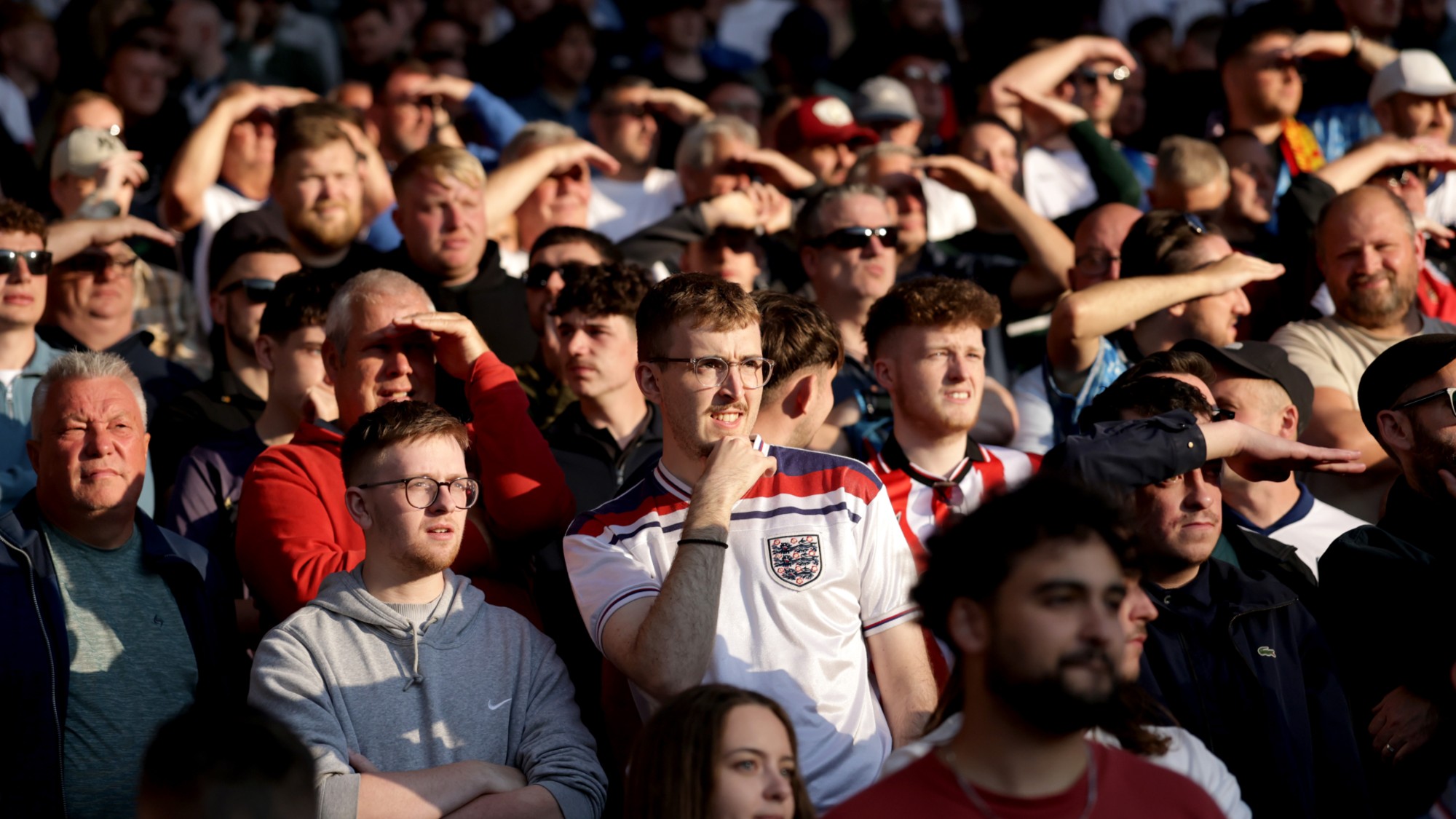 World Cup 2026: uncertainty reigns with one year to go
World Cup 2026: uncertainty reigns with one year to goIn the Spotlight US-hosted Fifa tournament has to navigate Trump's travel bans, logistical headaches and an exhausting expanded format
-
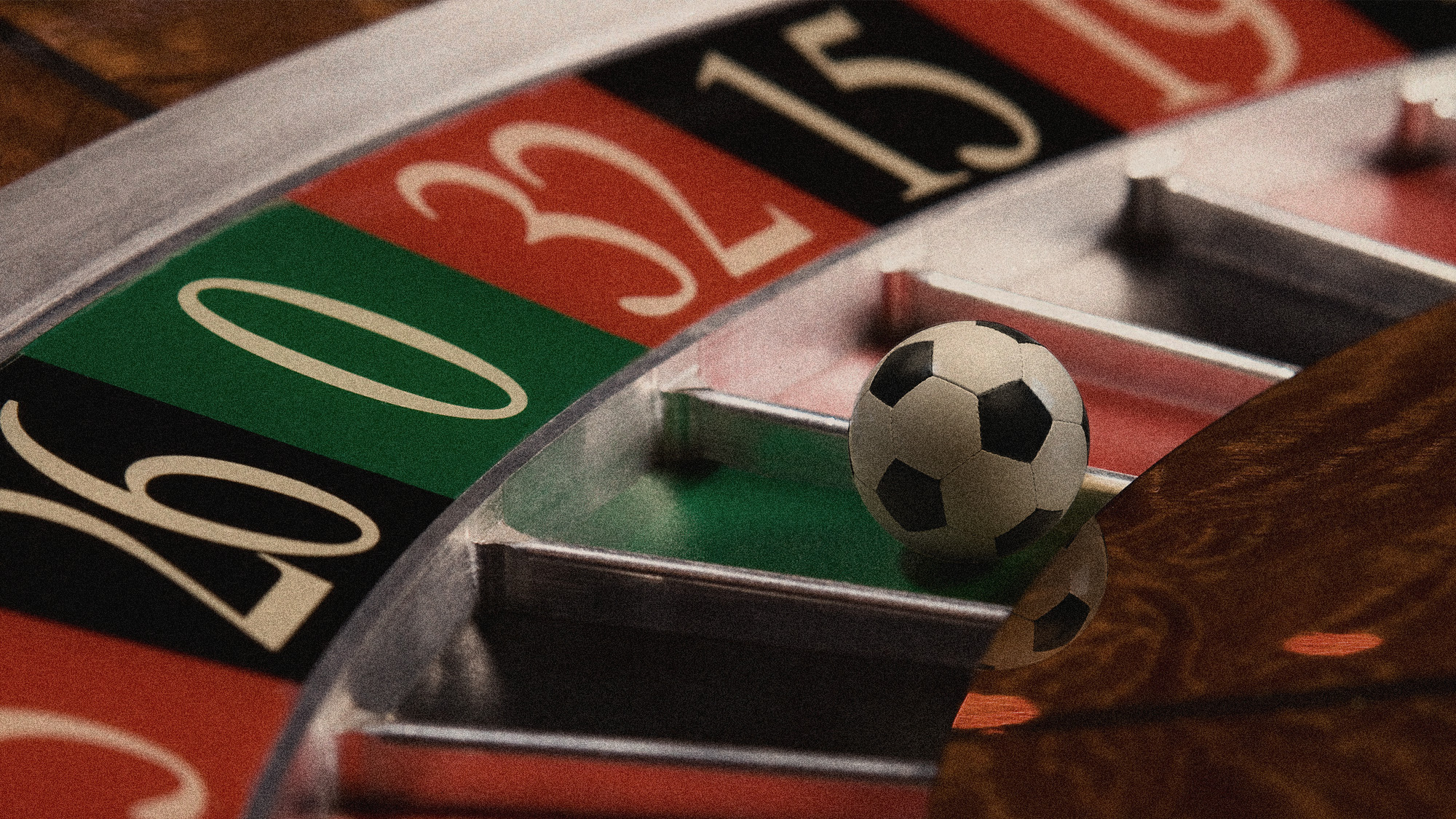 Sports betting is causing athletes to be abused and harassed online
Sports betting is causing athletes to be abused and harassed onlineUnder the radar Baseball players, tennis stars and others have raised the alarm
-
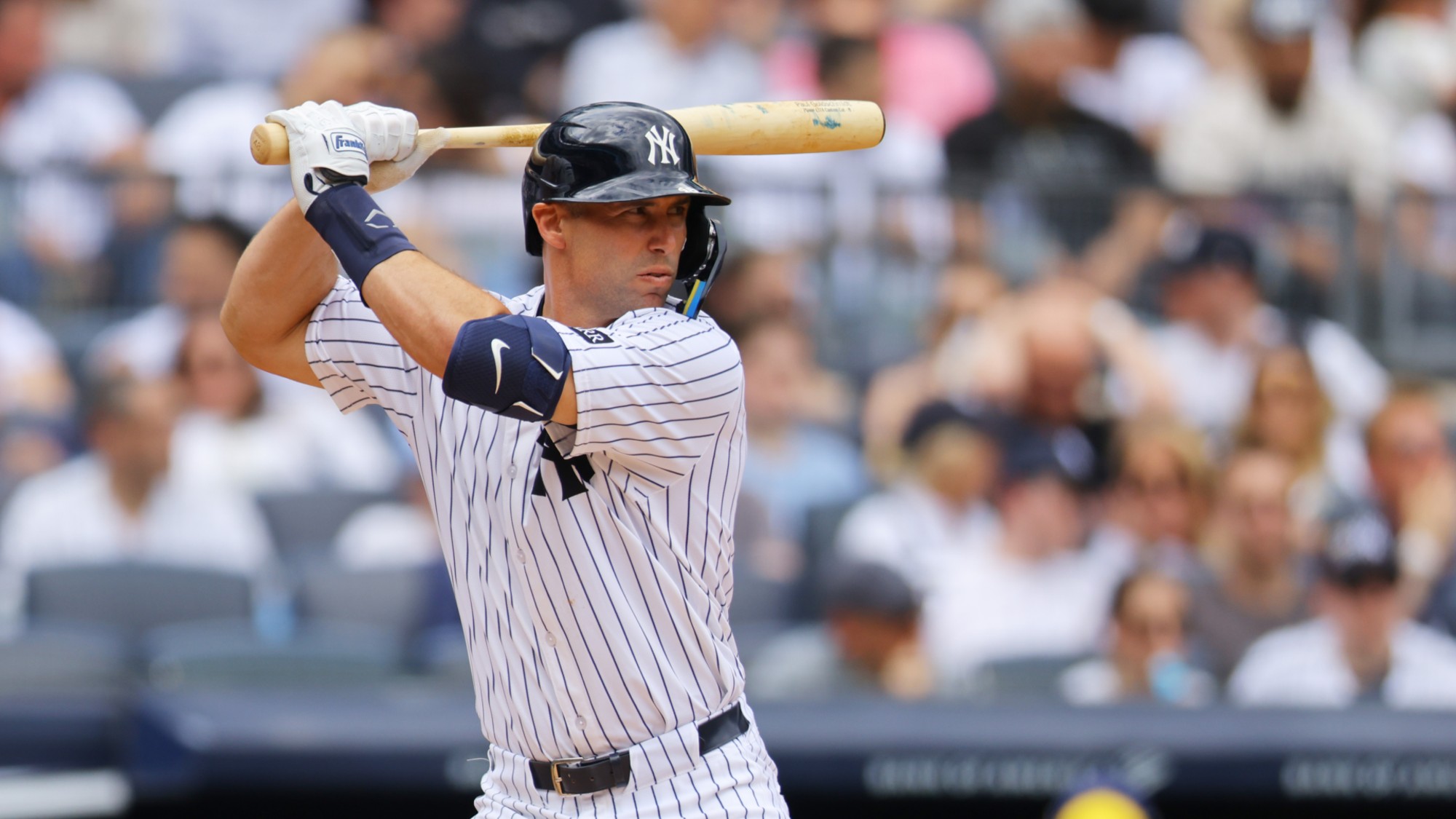 Torpedo bats could revolutionize baseball and players are taking notice
Torpedo bats could revolutionize baseball and players are taking noticeIn the Spotlight The new bats have been used by the New York Yankees with tremendous success
-
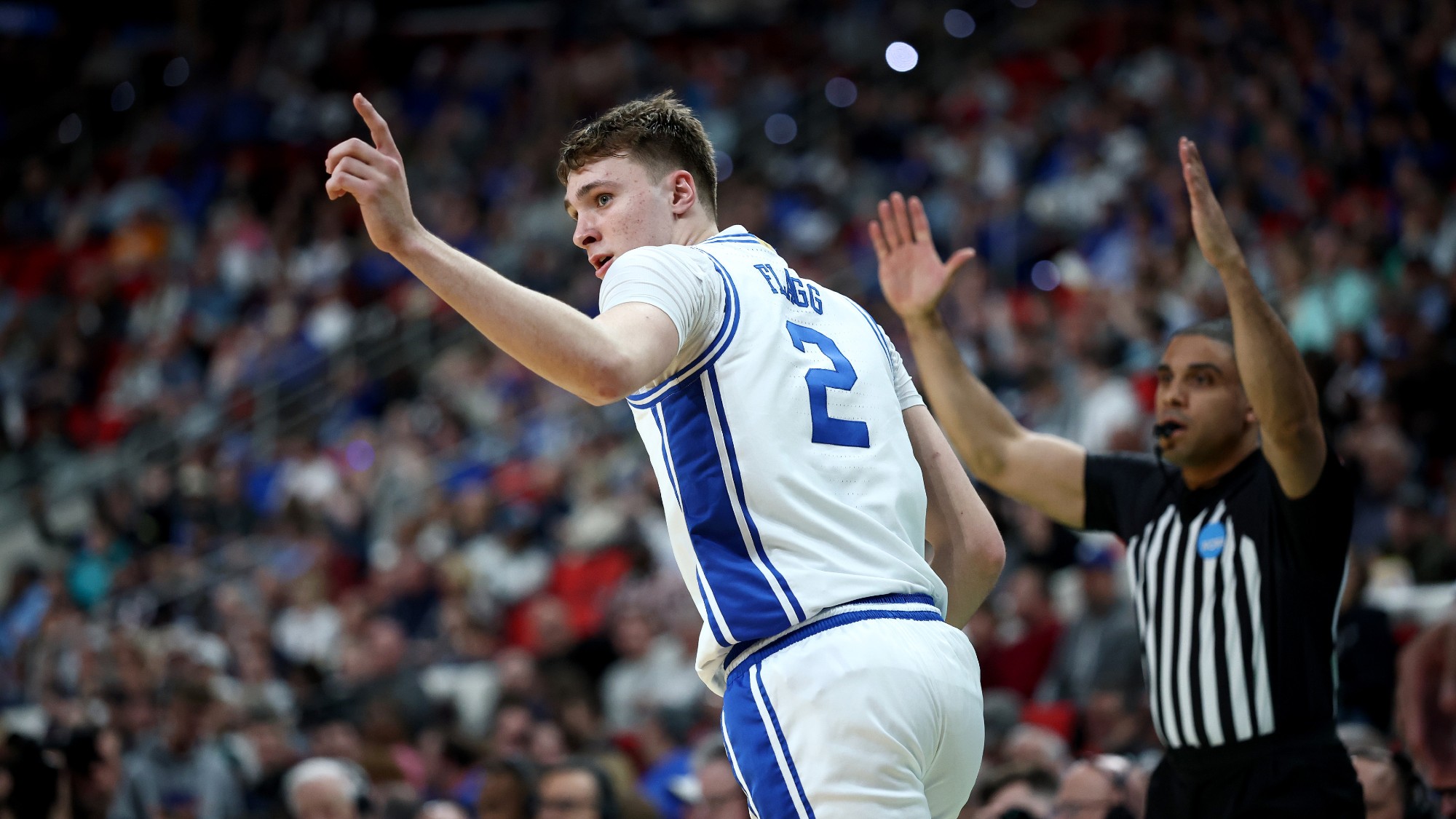 How is March Madness changing in the era of NIL and sports betting?
How is March Madness changing in the era of NIL and sports betting?Today's Big Question College sports has experienced a revolution. NIL payments are letting players get paid. The rise of sports betting has brought new pressures to the game.
-
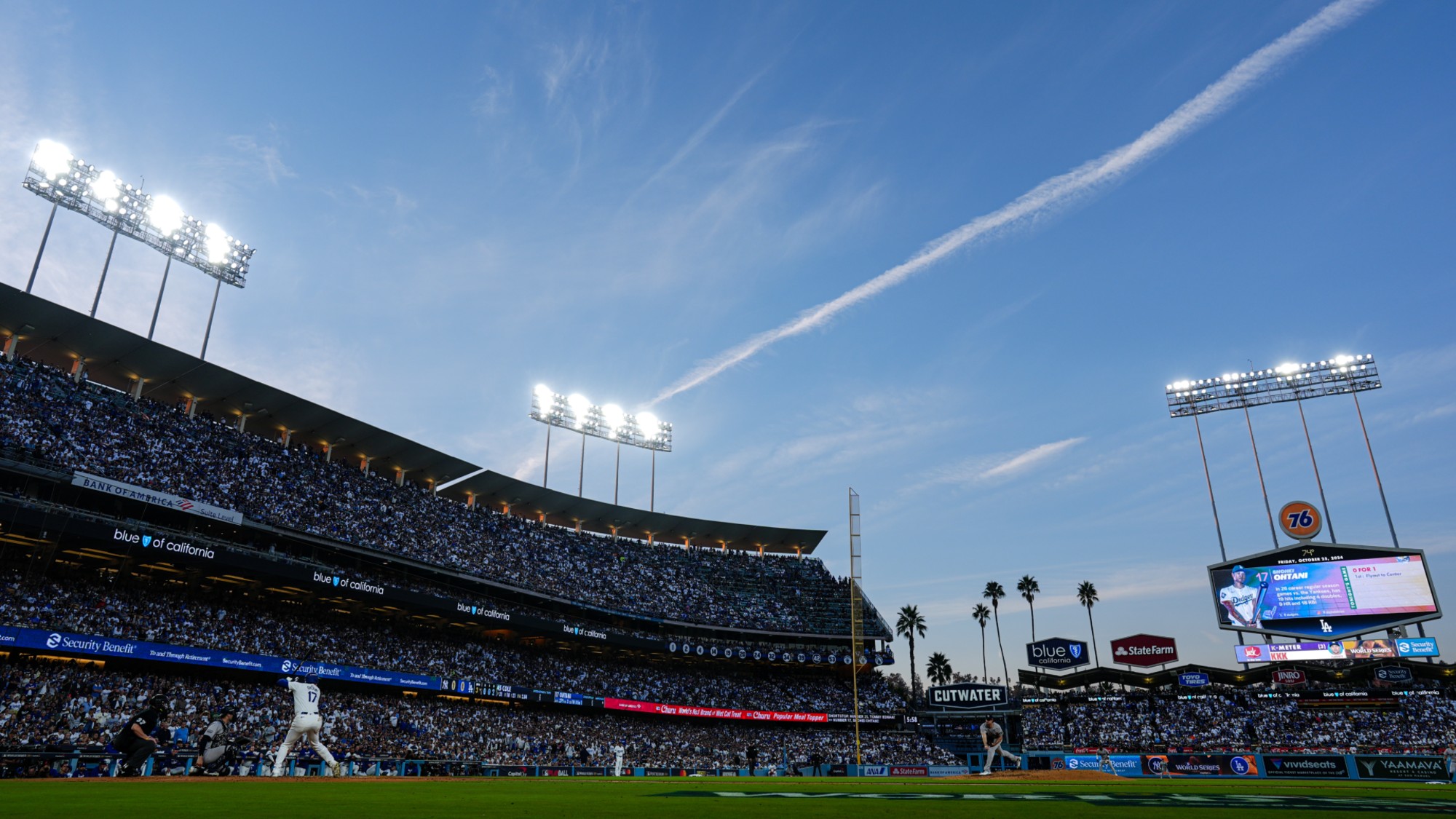 Dodgers' spending spree renews push for salary cap
Dodgers' spending spree renews push for salary capThe Explainer Spending limits might not be the answer that smaller market teams are looking for
-
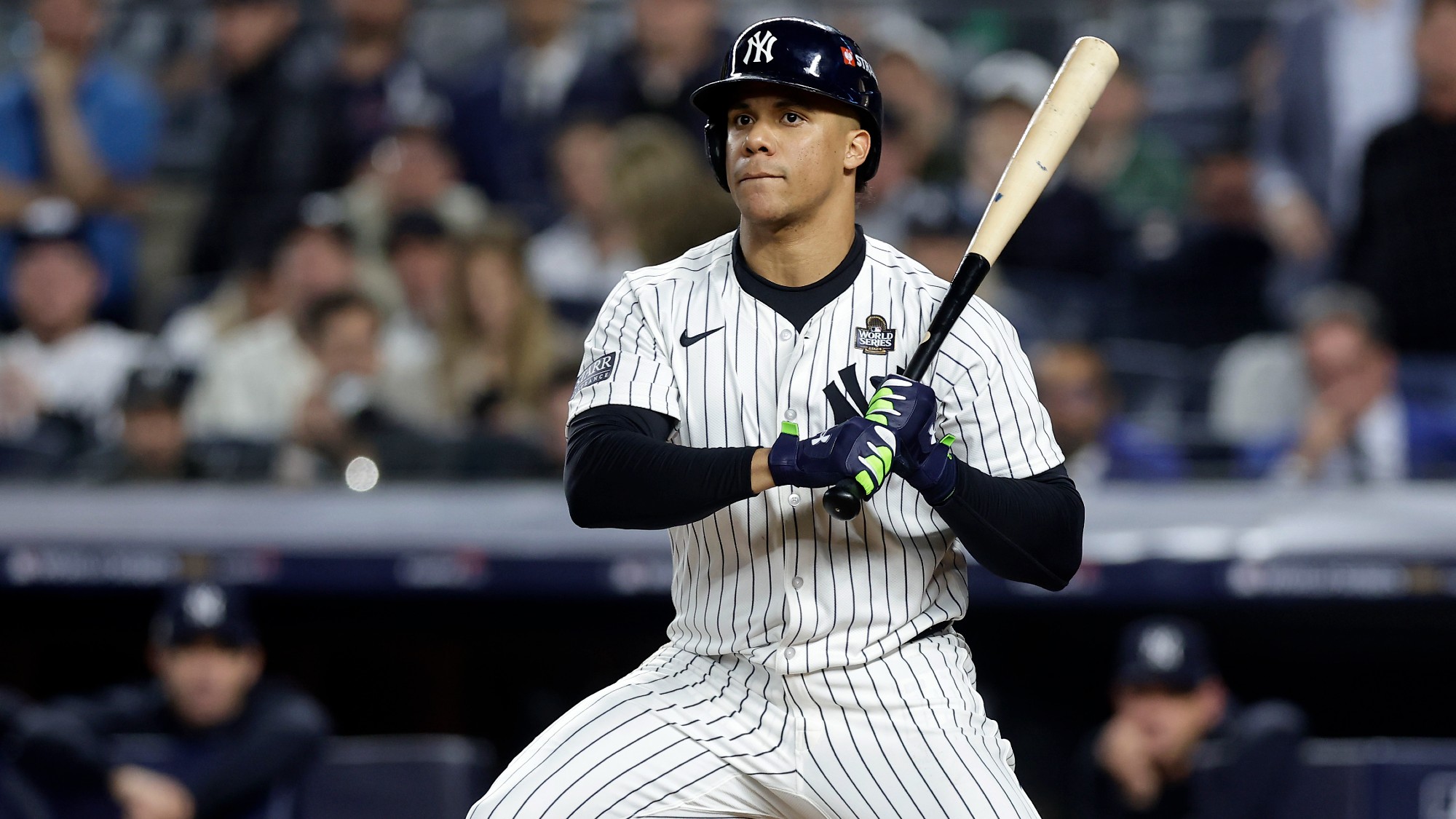 How much is Juan Soto worth?
How much is Juan Soto worth?Today's big question Will the New York Mets regret the record-setting mega-contract signed by the coveted outfielder?
-
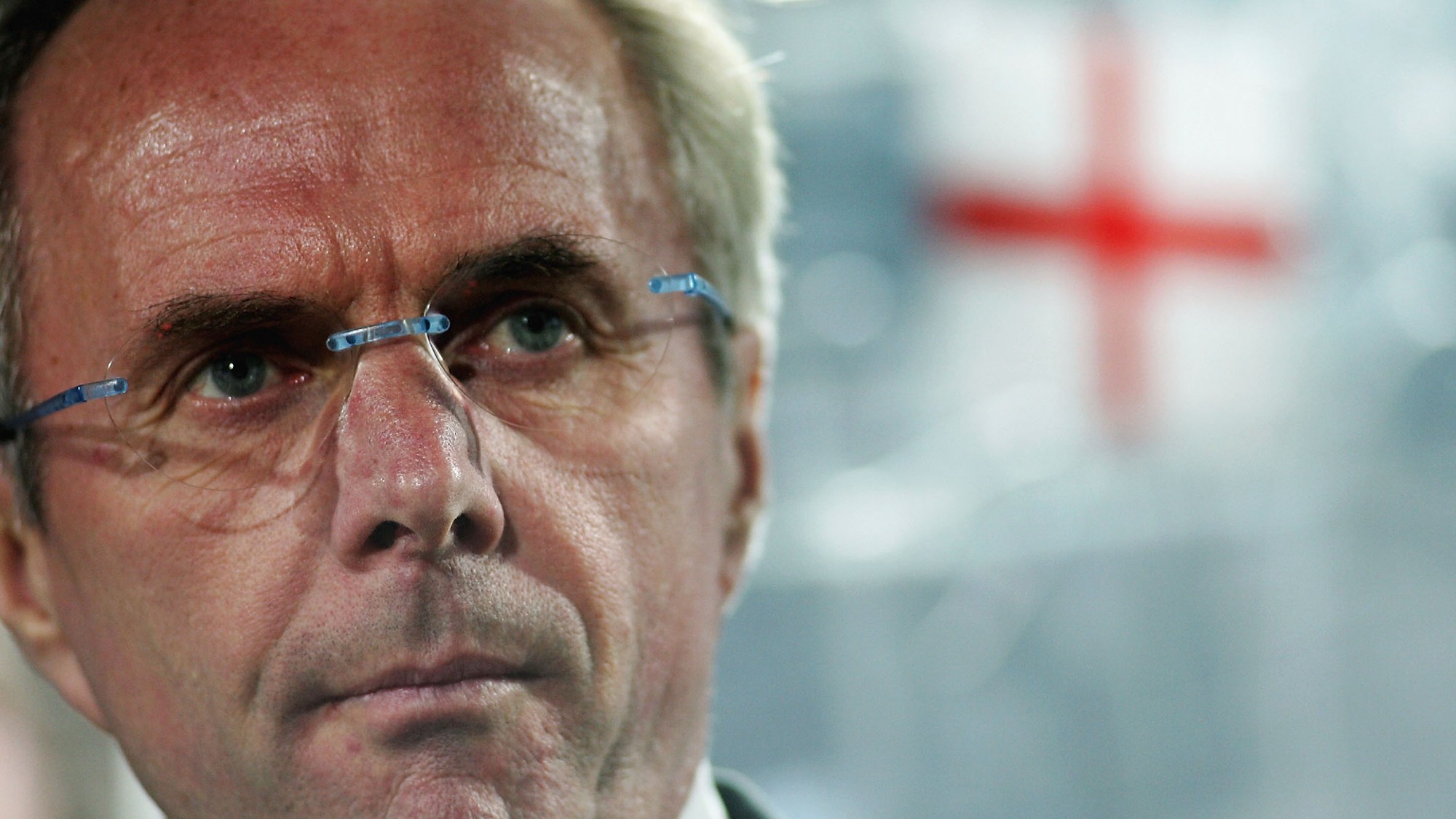 The wit and wisdom of Sven-Göran Eriksson
The wit and wisdom of Sven-Göran ErikssonIn Depth The first foreign coach to manage England on football, life and death
-
 Gareth Southgate's England: a bittersweet swan song
Gareth Southgate's England: a bittersweet swan songIn Depth History books will favour football manager who transformed culture of football in England